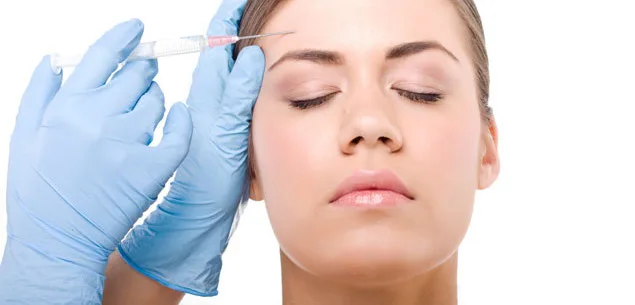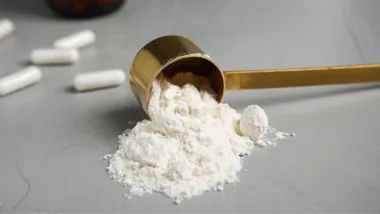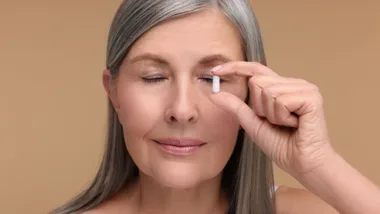Botox has been used to treat everything from wrinkles to incontinence to strokes. Now new research shows it may alleviate severe depression.
When injected into the forehead, as it is for cosmetic purposes, patients reported a 50 per cent reduction in symptoms of depression after just one session. The same effect was not seen in another group of patients given “dummy” injections.
Dr Axel Wollmer, who led the study says, “Our findings provide support for the concept that the facial muscles that control frowning not only express but also regulate mood.”
Depression is the third most common reason for seeing a GP in the UK, and each year six per cent of adults experience an episode. Up to one in four women and one in ten men will have treatment for the condition at some point in their lives. Although there are various treatments, including drugs and psychotherapy, many sufferers do not respond.
Anecdotal reports have suggested that people who have had a Botox injection experience an improvement in mood beyond the cosmetic benefit, and these reports led to an investigation by the Universities of Basel, Hanover and Essen.
Results showed that throughout a 16-week follow-up period there was a significant improvement in symptoms in the group who had Botox compared to the placebo. Six weeks after a single treatment, depression scores were reduced on average by 47.1 per cent in the active group and by 9.2 per cent in those who had the dummy injections.
It is not known exactly how Botox works in depression, but the researchers ruled out the aesthetic effect on the face.
None of the patients in the trial were concerned about frown lines, and one patient who had symptoms of remission disliked the change in facial appearance.
Roger Dobson











